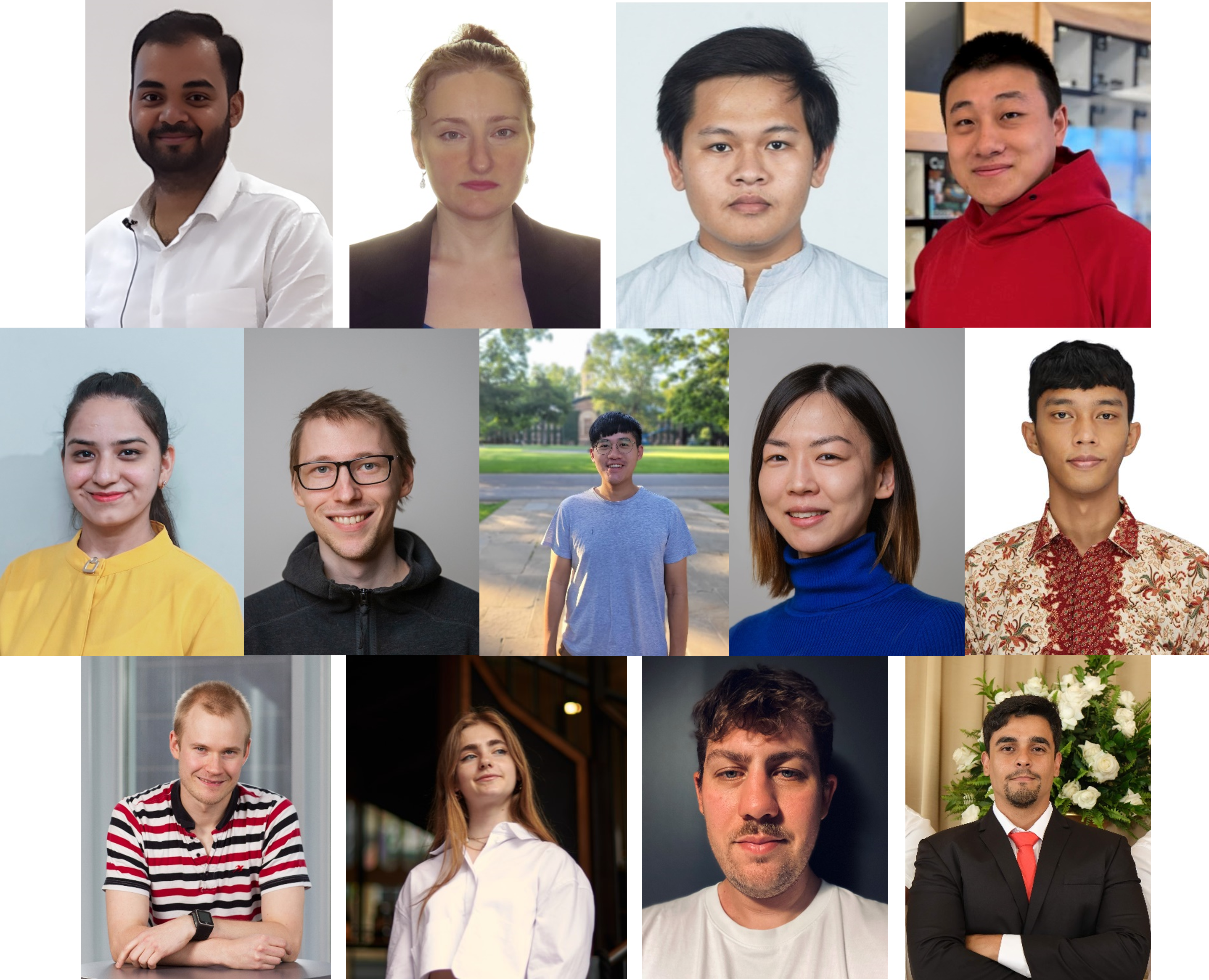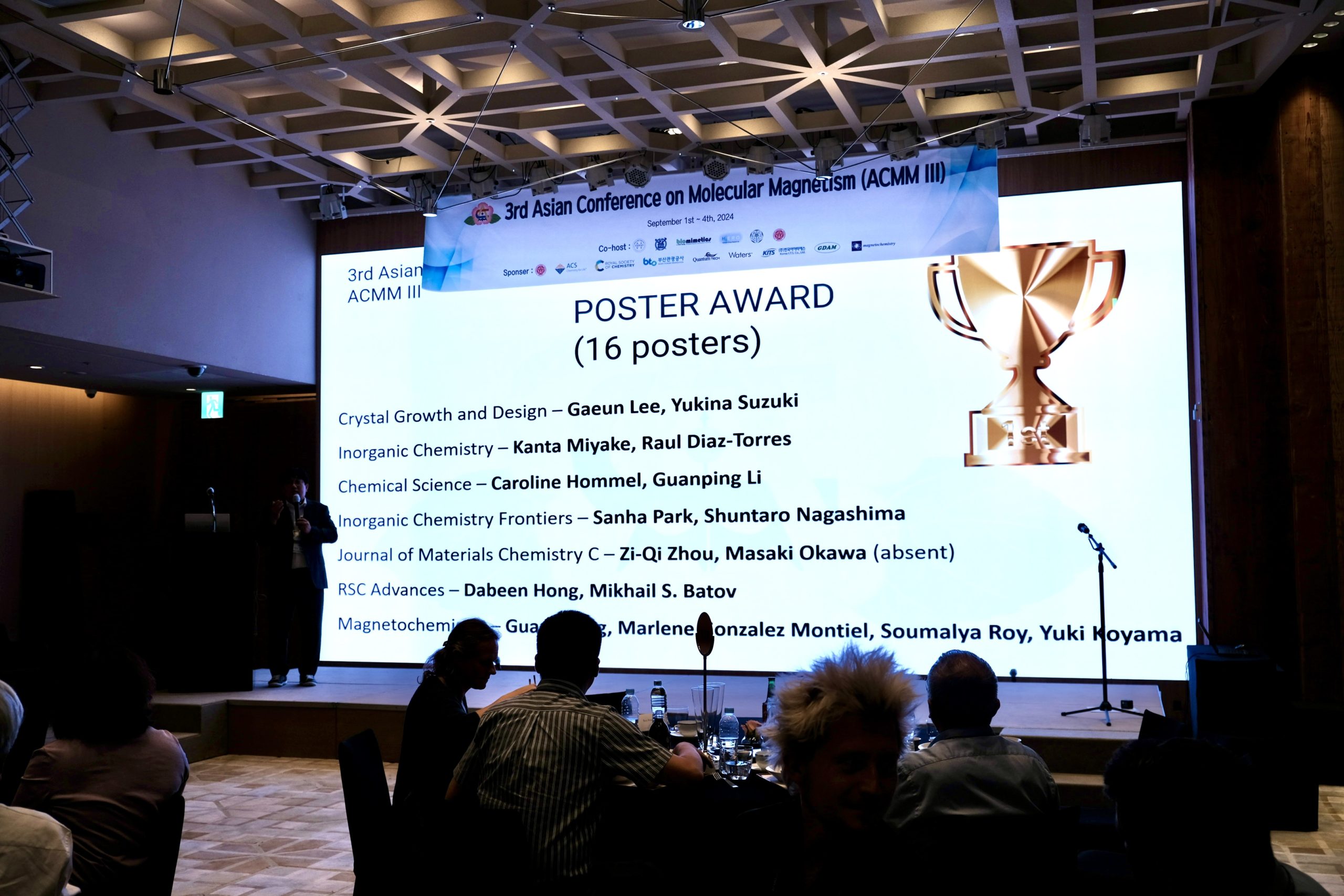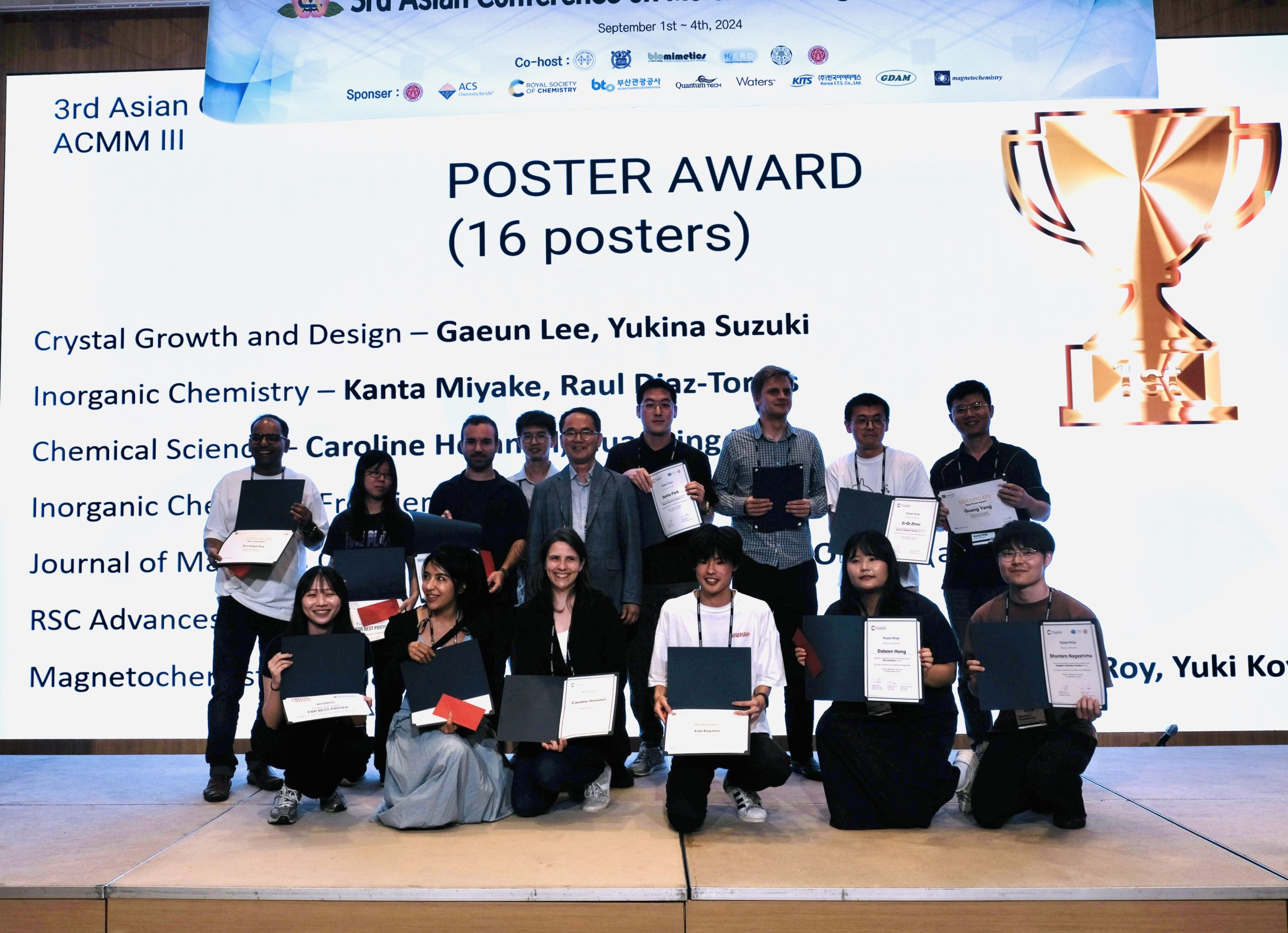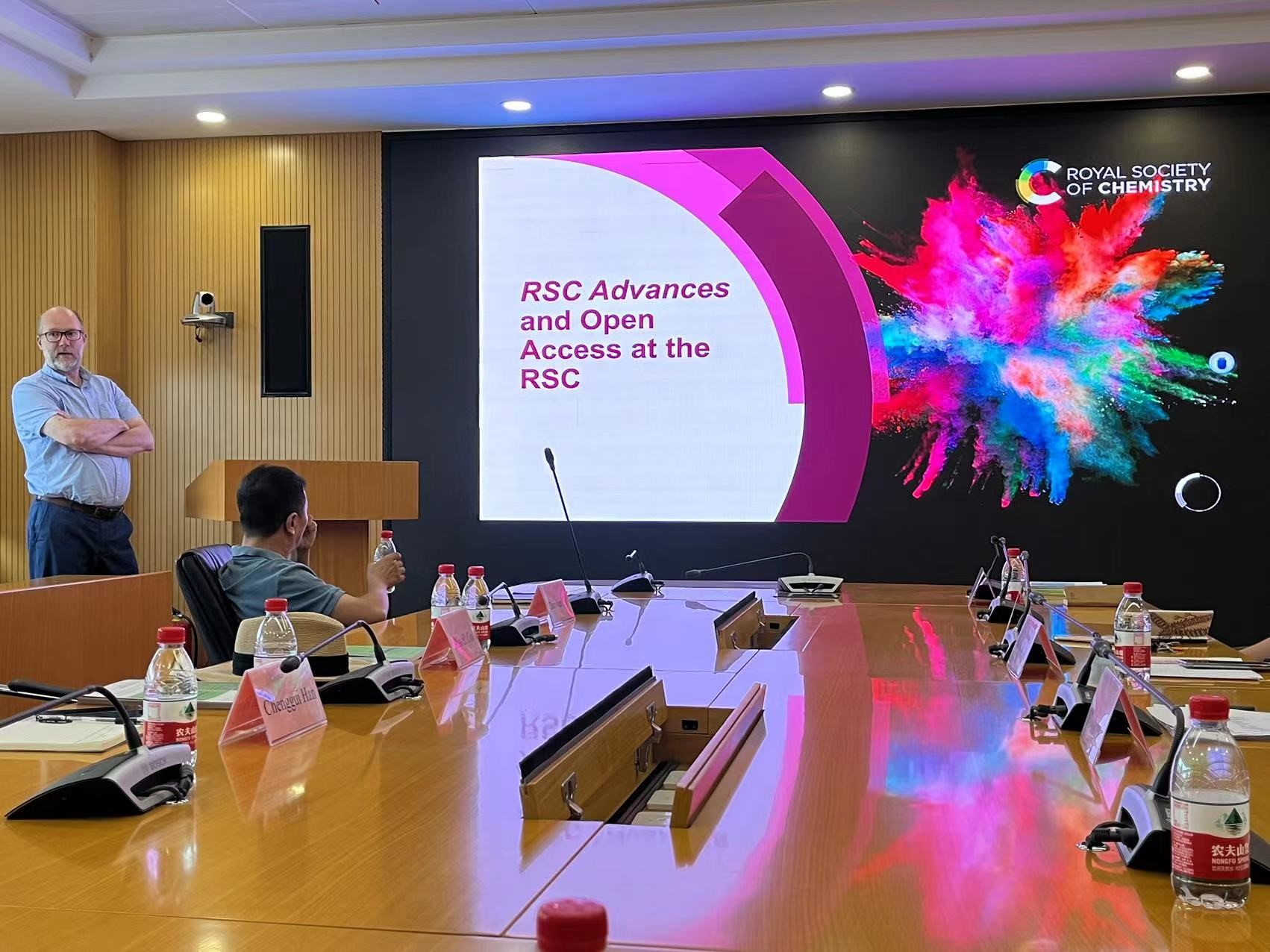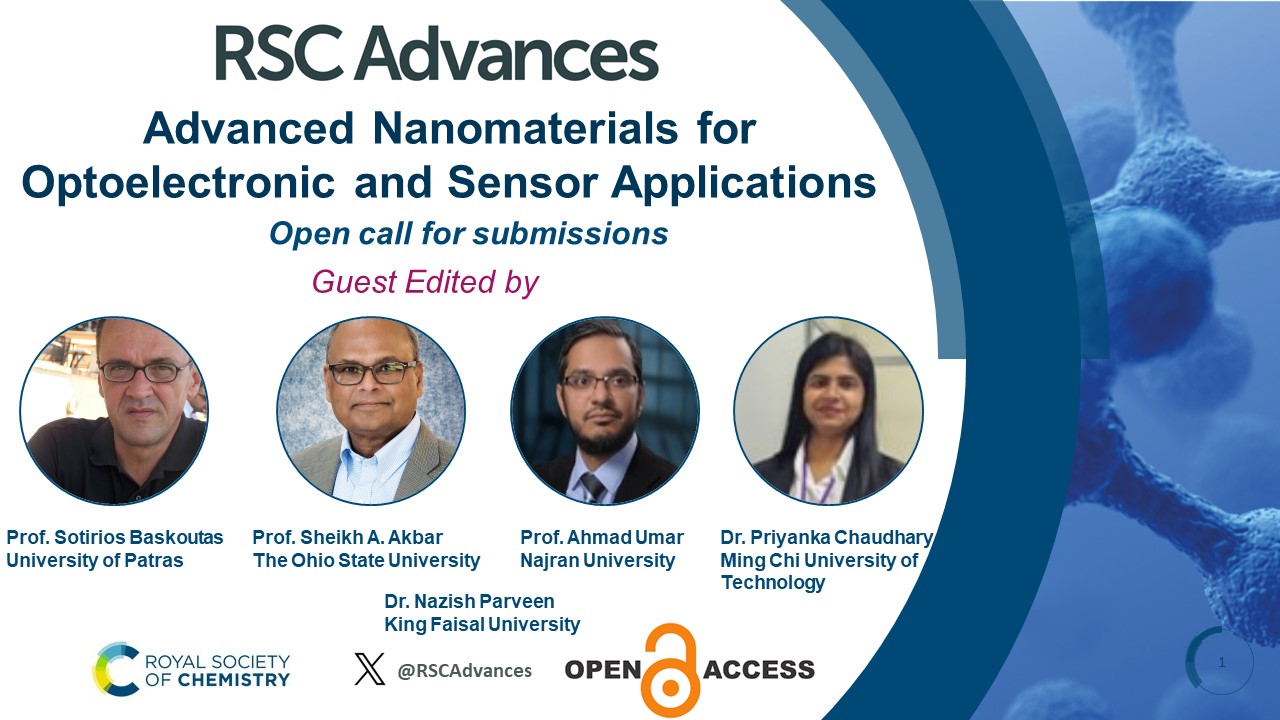Bin Jumah and co-workers have recently studied the potential of using modified magnesium-rich hydroxyapatite (Mg·HAP) composites as carriers for levofloxacin (LVX). LVX is an antibacterial, anti-dysentery, and anti-inflammatory medication used to treat pneumonia and immunodeficiency. However, LVX has several drawbacks as its overdosage has led to toxicity being detected in various parts of the human body and being it is weakly metabolized, therefore which means it is excreted in tact and contaminants contaminates the natural environment.
Mg·HAP has been explored as a potential solution to regulate the release of LVX when administered in the body. Hydroxyapatite (HAP) has several advantageous properties, such as its ion-exchange capabilities, broad surface area, desirable response to acidic and basic environments, biodegradability, osteoconductivity, and biocompatibility. That being said, HAP is hydrophilic and lacks stability in acidic environments. However, these can be improved by modifying the surface of Mg·HAP with biopolymers. In this study, Bin Jumah et al. explored using chitosan (CH) and β-cyclodextrin (β-CD) to superficially modify Mg·HAP and create bio-composites that act as LVX carriers.
Mg·HAP was prepared by treating phosphorite rocks using a dissolution-precipitation method while incorporating magnesium using magnesium nitrate hexahydrate. CH/Mg·HAP and β-CD/Mg·HAP composites were prepared by adding dissolved CH or β-CD to Mg·HAP that has been sonicated. The successful incorporation of selected biopolymers was confirmed by XRD and IR analyses. It was observed by SEM imaging that original Mg·HAP nanoparticles blended successfully with the biopolymers to reorient and rearrange the nanoparticles within aggregates.
The influence of pH, loading duration, and concentration were studied for the encapsulation of LVX. It was determined that encapsulation was were improved significantly at increased pH levels up to pH 8, as acidic conditions were not favorable for LVX loading. The duration of LVX loading into the bio-composites was observed to increase encapsulation levels for times up to 10 h, however after this there were no significant increases in the loading rate or quantity. This is hypothesized to be from the presence of many functional binding sites that become filled with LVX molecules as time progresses. Finally, the loading capacities of Mg·HAP, CH/Mg·HAP, and β- CD/Mg·HAP were calculated to be 212.6, 276.4, and 330.4 mg g-1, respectively. The loading mechanism was studied by measuring the kinetic and isothermal adsorption properties. CH/Mg·HAP and β-CD/Mg·HAP have a higher density of loading sites and enhance the surface area and organic affinity. Based on the loading (< 40 kJ mol -1 ) and Gaussian (< 8 kJ mol -1) energies, the loading of LVX is thought to rely on physical and multi-molecular mechanistic steps.
The releasing patterns of LVX from Mg·HAP, CH/Mg·HAP, and β-CD/Mg·HAP were compared by evaluating the LVXdiffused%. While Mg·HAP released only 50% of LVX after 60 h, it took CH/Mg·HAP 34 h and β-CD/Mg·HAP 40 h to achieve the same results. Furthermore, CH/Mg·HAP and β-CD/Mg·HAP released 100% of loaded LVX within 160 h and 200 h, respectively, while only 83.3% of LVX was released from Mg·HAP after 200 h. These results suggest that CH/Mg·HAP and β- CD/Mg·HAP composites have the potential to be used as carriers for LVX by having improved encapsulation and release properties.
To determine the impact of the synthesized composites on the human body, their anti-inflammatory properties and cytotoxicity were studied. The authors observed that LVX loaded in the composites decreased the formation of IL-6 and IL-8 cytokines, indicators of inflammation, in NL20 cells by 93 – 97.85% and 77.1 – 85.6%, respectively. The composites also demonstrated biological compatibility with cell viability values of 90.6 – 95.2% after loading the composites with 300 μg mL-1 LVX. This research is thus promising for the incorporation of CH/Mg·HAP and β-CD/Mg·HAP as viable candidates for LVX treatment in medicine.
Check out the article, published in RSC Advances:
May N. Bin Jumah, Sarah I. Al Othman, Awatif Abdulaziz Alomari, Ahmed A. Allam and Mostafa R. Abukhadra
RSC Adv., 2024,14, 16991-17007
About the Web Writer:
 Sarah Boudreau is a 3rd year PhD candidate at Memorial University of Newfoundland (MUN) in St. John’s, NL, Canada, studying under the supervision of Dr. Francesca Kerton. In 2021, she completed her BSc (Honours) in Chemistry at Cape Breton University, NS, Canada while researching the extraction of birch bark-oil (Maskwiomin) with Dr. Matthias Bierenstiel using an Indigenous Two-eyed seeing approach. She is currently an Ocean Graduate Excellence Network (OGEN) scholar who works in collaboration with the National Research Council of Canada (NRC) to transform wasted by-products of the seafood processing industry to nanomaterials with applications in high-value sectors. Sarah is particularly interested in applying the principles of Green Chemistry to help achieve a circular economy and net zero goals.
Sarah Boudreau is a 3rd year PhD candidate at Memorial University of Newfoundland (MUN) in St. John’s, NL, Canada, studying under the supervision of Dr. Francesca Kerton. In 2021, she completed her BSc (Honours) in Chemistry at Cape Breton University, NS, Canada while researching the extraction of birch bark-oil (Maskwiomin) with Dr. Matthias Bierenstiel using an Indigenous Two-eyed seeing approach. She is currently an Ocean Graduate Excellence Network (OGEN) scholar who works in collaboration with the National Research Council of Canada (NRC) to transform wasted by-products of the seafood processing industry to nanomaterials with applications in high-value sectors. Sarah is particularly interested in applying the principles of Green Chemistry to help achieve a circular economy and net zero goals.
Submit to RSC Advances today! Check out our author guidelines for information on our article types or find out more about the advantages of publishing in a Royal Society of Chemistry journal.
Keep up to date with our latest Popular Advances, Reviews, Collections & more by following us on Twitter. You can also keep informed by signing up to our E-Alerts.












